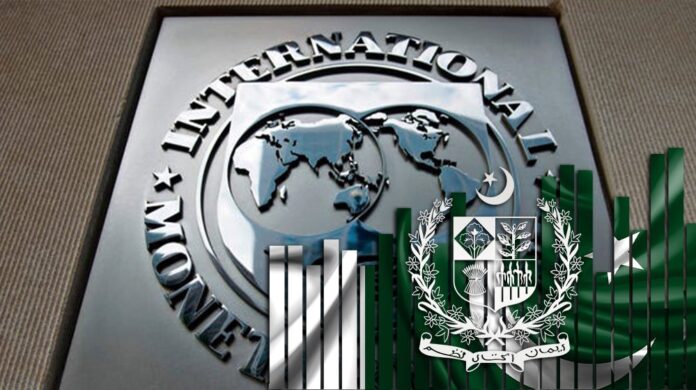Islamabad: Highlighting the precarious state of Pakistan’s economy, the International Monetary Fund (IMF) issued a warning on Friday, stating that downside risks remain exceptionally high. In its staff report following the second and final review of Pakistan’s $3 billion loan program, the IMF underscored the continued political uncertainty in the country, despite indications from the new government about its commitment to maintain the standby arrangement (SBA) policies.
The lender emphasized that the resurgence of social tensions, driven by the intricate political landscape and the soaring cost of living, could hinder policy implementation and reform efforts. Additionally, the IMF cautioned that policy deviations, coupled with reduced external financing, could disrupt the delicate path to debt sustainability and exert pressure on the exchange rate.
Further delays in the disbursement of post-program external financing would exacerbate pressure on banks to finance the government, potentially crowding out the private sector. The IMF also pointed out that geopolitical factors leading to higher commodity prices, disruptions in shipping, or tightening global financial conditions could further destabilize external stability.
Meanwhile, it’s pertinent to note that an IMF Mission, led by Nathan Porter, is scheduled to visit Pakistan next week to explore the possibility of a new loan program. The visit is anticipated to span over 10 days, during which the IMF will collect data from various government departments and engage in negotiations with the Finance Division regarding the upcoming budget for the fiscal year 2024-25.
Thus far, the IMF has proposed measures such as phasing out tax exemptions, including sales and income tax concessions, as well as implementing taxes on imported tractors and withholding taxes on commercial importers. While these measures could augment government revenue, concerns linger regarding their potential impact on agricultural costs.
